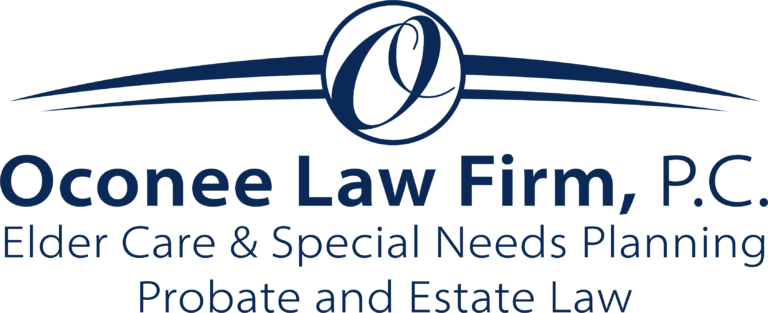July 28, 2021
No Comments
If you think it’s bad that 60% of farmers don’t have a will, here’s what’s even worse: 89% don’t have a farm transfer plan, as reported in the recent article “10 Farm Transition and Estate Planning Mistakes” from Farm Journal’s Pork Business. Here are the ten most commonly made mistakes farmers make. Substitute the word “family-owned business” for farm and the problems created are identical.
Procrastination. Just as production methods have to be updated, so does estate planning. People wait until the perfect time to create the perfect plan, but life doesn’t work that way. Having a plan of some kind is better than none at all. If you die with no plan, your family gets to clean up the mess.
Failing to plan for substitute decision-making and health care directives. Everyone should have power of attorney and health care directive planning. A business or farm that requires your day-in-day-out supervision and decision making could die with you. Name a power of attorney, name an alternate POA and have every detail of operations spelled out. You can have a different person to act as your agent for running the farm and another to make health care decisions, or the same person can take on these responsibilities. Consult with an estate planning attorney to be sure your documents reflect your wishes and speak with family members.
Failing to communicate, early and often. There’s no room for secrecy, if you want your farm or family business to transfer successfully to the next generation. Schedule family meetings on a regular basis, establish agendas, take minutes and consider having an outsider serve as a meeting facilitator.
Treating everyone equally does not fit every situation. If some family members work and live on the farm and others work and live elsewhere, their roles in the future of the farm will be different. An estate planning attorney familiar with farm families will be able to give you suggestions on how to address this.
Not inventorying assets and liabilities. Real property includes land, buildings, fencing, livestock, equipment and bank accounts. Succession planning requires a complete inventory and valuation of all assets. Check on how property is titled to be sure land you intend to leave to children is not owned by someone else. Don’t neglect liabilities. When you pass down the farm, will your children also inherit debt? Everyone needs to know what is owned and what is owed.
Making decisions based on incorrect information. If you aren’t familiar with your state’s estate tax laws, you might be handing down a different sized estate than you think. Here’s an example: in Iowa, there is no inheritance tax due on shares left to a surviving spouse, lineal descendants or charitable, religious, or educational institutions. If you live in Iowa, do you have an estate plan that takes this into consideration? Do you know what taxes will be owed, and how they will be paid?
Lack of liquidity. Death is expensive. Cash may be needed to keep the business going between the date of death and the settling of the estate. It is also important to consider who will pay for the funeral, and how? Life insurance is one option.
Disorganization. Making your loved ones go through a post-mortem scavenger hunt is unkind. Business records should be well-organized. Tell the appropriate people where important records can be found. Walk them through everything, including online accounts. Consider using an old-fashioned three-ring binder system. In times of great stress, organization is appreciated.
No team of professionals to provide experience and expertise. The saying “it takes a village” applies to estate planning and farm succession. An accountant, estate planning attorney and financial advisor will more than pay for their services. Without them, your family may be left guessing about the future of the farm and the family.
Thinking your plan is done at any point in time. Like estate planning, succession planning is never really finished. Laws change, relationships change and family farms go through changes. An estate plan is not a one-and-done event. It needs to be reviewed and refreshed every few years.
Reference: Farm Journal’s Pork Business (June 28, 2021) “10 Farm Transition and Estate Planning Mistakes”
Suggested Key Terms: Succession Planning, Estate Planning Attorney, Inventory, Valuation, Assets, Inheritance Tax, Farm Families, Property, Liabilities, Debt, Power of Attorney, POA, Will, Family Owned Business

